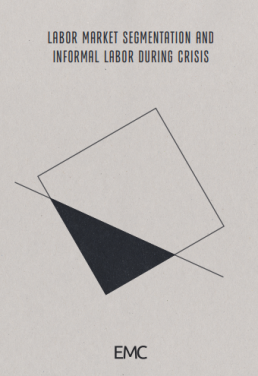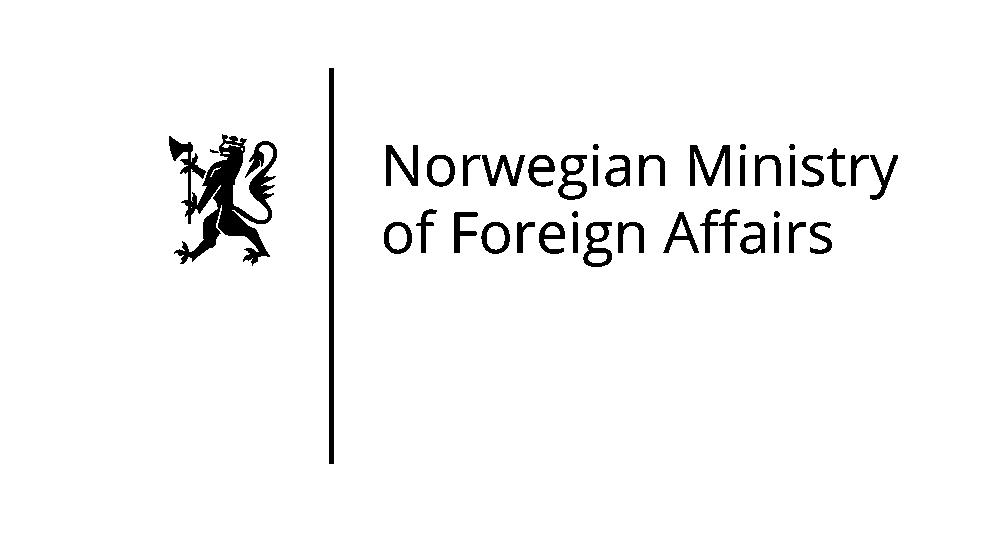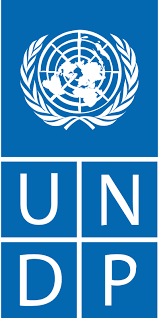საერთო ცხელი ხაზი +995 577 07 05 63


Introduction
COVID-19 pandemic put the world against new challenges. Alongside healthcare, global economic, and social structures also ended up in crisis. Quarantine measures have had the biggest impact on the industry, transport, services, and tourism, which left millions unemployed. At the onset of the pandemic, it was frequently pointed out that the crisis would pose an equal threat to developing and developed countries, to the poor and the rich. However, now it is apparent that the pandemic and subsequent crises have deepened inequality among countries, have aggravated social problems in countries and increased poverty and unemployment among the poor. In this framework, to avoid extreme long-term outcomes of the crisis, we need to inititate a discussion on the labor market structure and social protection mechanisms in countries like Georgia. Considering the context and the new reality, this analytical paper may be particularly relevant today, as it discusses the labor market, characteristics of its segmentation, and the possible outcomes of the crisis.
One of the most common characteristics of the labor market in developing countries is clear-cut segmentation. On one hand, there is a relatively organized formal employment sector, while on the other hand, there is an informal labor sector, which operates beyond formal institutions.[1] As a rule, labor conditions, such as salaries, social safeguards, and the working environment are significantly different in formal and informal sectors. It is hard to discuss the specifics of the labor market segmentation in Georgia, due to lack of literature, which would provide deep and scientific analysis regarding the nature of segmentation in Georgia and the incentives that drive workers of formal and informal sectors in the current conditions. Nevertheless, secondary data, economic reports, and existing sources support the argument that like many other post-Soviet countries, the labor market segmentation in Georgia is high and this segmentation has a historical foundation. Moreover, alongside economic rationale, the labor market segmentation was also caused by social factors. Specifically, as Georgia’s experience shows[2], informal labor becomes a certain social protection mechanism in dire social conditions and economic crises, when masses are driven out of the formal employment spheres, or when social protection systems dissolve and fail to meet existing needs.
This document aims to study the specifics of formal and informal employment in Georgia from the prism of the analytical framework of labor market segmentation. This analytical paper is based on the assumption that the labor market is historically segmented in Georgia (this means since Georgia’s independence), and informal labor remains a shelter for those driven out of formal employment, for whom unemployment is not an alternative. The document analyzes the impact of economic crises on the informal employment sector and how people affected by exogenous crises react to the shrinking possibility of getting employed in a formal sector.
To achieve this goal, this report will study secondary sources, such as statistical data, reports by research organizations, international findings, and other relevant literature. This work also relies on some primary data - up to 15 face-to-face interviews with workers engaged in informal employment. The interviews were planned and conducted in June-July 2020 using semi-structured questionnaires. The main theme of the interviews was to study the impact of the pandemic crisis on the labor conditions of the workers and their expectations.
Hereby, we need to consider the methodological and content-related limitations of this report, which leave certain issues unaddressed. Methodological limitations are the sporadic nature of statistical data, as well as the limitations characteristic for qualitative research, which make generalization of the results questionable. Regardless of this, the combination of data used in this analytical paper recount the general picture and existing dynamics in such a way that allows developing analytical argument and making logical assumptions. As for the content-related limitations, we consider it a challenge that the report does not thoroughly discuss the substantial differences between formal and informal employment, nor does it analyze legal and political factors. This work does not strive to reveal structural reasons for the creation and evolution of labor market segmentation. It analyzes the dynamics of already existing segmentation and expectations and incentives of workers. Therefore, this report shall not be seen as multifaceted and comprehensive research. Instead, it should be regarded as a small section of the broad research theme, which is an in-depth study of the informal labor, informal labor market, and specifics that divide formal and informal markets.
Considering the stipulations above, the first part of the analytical report describes various research, academic and analytical sources concerning labor market segmentation, which also focus on the case of Georgia and the historical dynamics of labor market segmentation here. The second part of the report analyzes the structure and specifics of the Georgian labor market, discusses methodological flaws of statistical data collection, and structural factors that hinder seeing an actual situation. At the end of the report, we analyze two cases, which relate to the experiences of the economic crises in Georgia and the labor market segmentation caused by these crises, as well as the ongoing dynamics of the informal labor market.
This publication has been produced with the assistance of the Norwegian Governmentand the United Nations Development Programme (UNDP). Its contents are the sole responsibility of the Human Rights Education and Monitoring Center (EMC) and do not necessarily reflect the views of the Norwegian Government and the United Nations Development Programme.


[1] Isabel Günther and Andrey Launov, Competitive and Segmented Informal Labor Markets (Bonn: The Institute for the Study of Labor (IZA), 2006).
[2] Sabine Bernabè and Marco Stampini, Labour Mobility during Transition Evidence from Georgia1, Economics of Transition and Institutional Change 17, no. 2 (2009): 377–409.
The website accessibility instruction